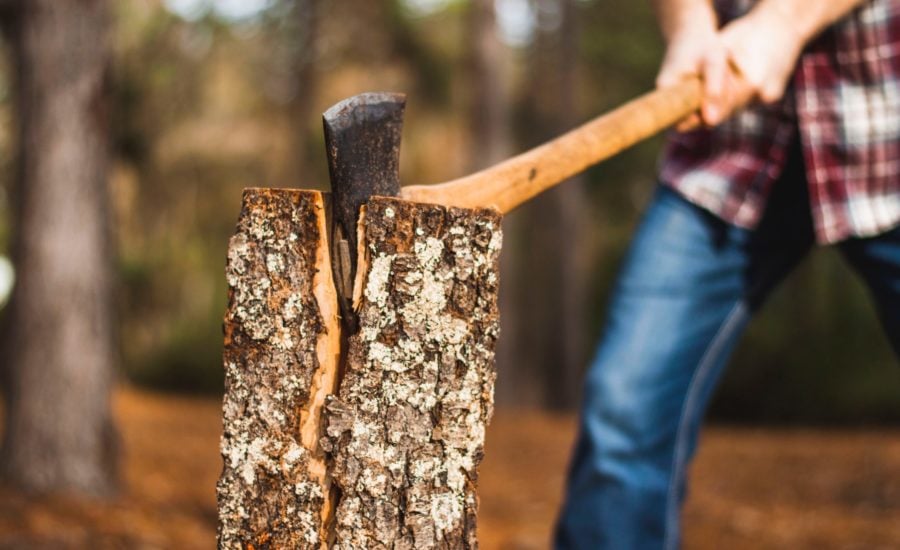Understanding the 1994 capital gains tax election
There is a $100,000 capital gains exemption that applied until 1994. Find out if it can be used to reduce the tax payable on a second property, like a cottage.
Advertisement
There is a $100,000 capital gains exemption that applied until 1994. Find out if it can be used to reduce the tax payable on a second property, like a cottage.

Share this article Share on Facebook Share on Twitter Share on Linkedin Share on Reddit Share on Email
Could MPAC assessment be used for FMV?
My parents sold the family cottage to me in 1987 for $2.00 and love and affection. I sold the property in 2020. I also sold a home in 1994 and one in 2003 and declared them as my principal residences. Can I declare the cottage as my principal residence for all years except 1994 and 2003 and get appraisals on the cottage at the beginning and ending of each of those years and pay tax on that amount.
Gord
Thanks for the question. We invite you to email your question to [email protected], where it will be considered for a future response by one of our expert columnists. For personal advice, we suggest consulting with your financial institution or a qualified advisor.
I can’t believe we let our government take such a big chunk of my parents and my family’s money on the cottage they purchased with sacrifices so they could help there children when they pass away. It’s criminal how much money they take it’s unbelievable. please explain to me why they think they are intidled to my parents hard earned work.
Replying to Jason Williams: As noted in the article, the so-called capital gains tax is really just income tax. Your parents may have sacrificed to buy your cottage but I suspect they did so in order for your family to create memories that would last forever.
At any rate, if you are selling it now, you are not being taxed on the amount your parents sacrificed to purchase it, you are being taxed on the amount it has increased in value above the original purchase price, the ‘profit’ if you will, which is not determined by sacrifice but by crazy real estate markets that likely value your family cottage at many times what your parents paid for it.
This is ‘free money’ for you and it’s a form of income in the year you sell so you have to pay income tax on it. We pay taxes so government can provide us with services like health care, roads, etc.
My parents bought some vacant land in 1972 and sold it in 2022. I know that they will have to pay capital gains tax on the difference between the buying and selling price.
Will they be able to reduce the capital gain by claiming the property taxes that the paid on the property for 50 years?
Due to the large volume of comments we receive, we regret that we are unable to respond directly to each one. We invite you to email your question to [email protected], where it will be considered for a future response by one of our expert columnists. For personal advice, we suggest consulting with your financial institution or a qualified advisor.
in 1994 i took advantage of the capital gains tax exemption and me accountant told me that i could sell the land for up to$96000.00 and i would not have to pay the tax. well i have now 2024 sold the land for$ 65000.00 so how do I avoid the tax as I do not have my 1994 tax return.